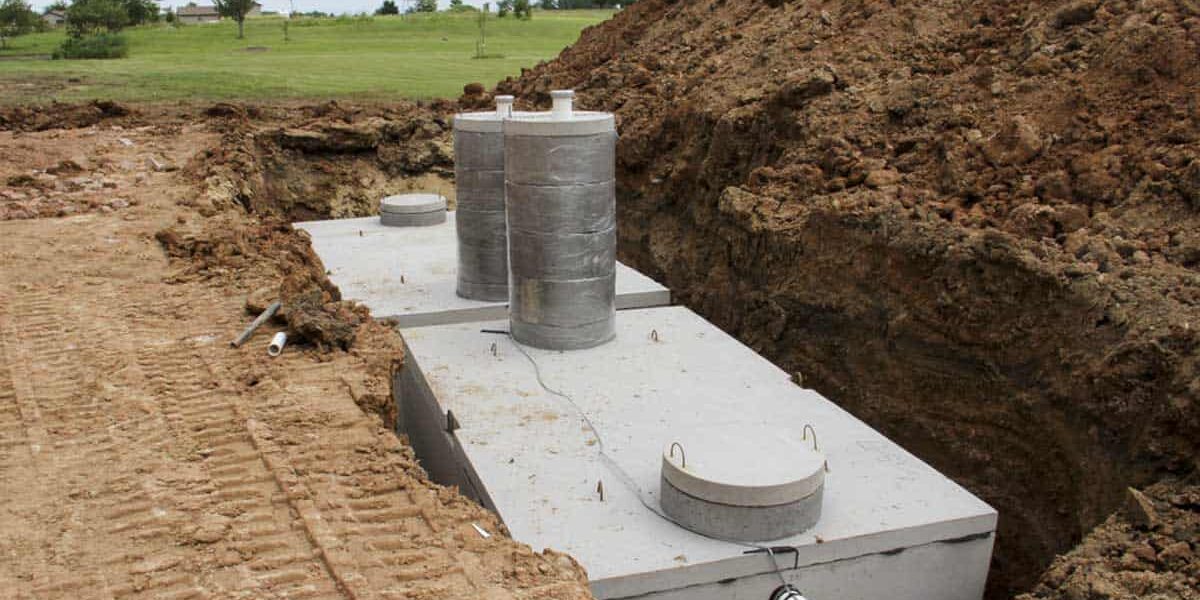
Dealing with a sewer backup can feel like a homeowner’s nightmare. It’s messy, inconvenient, and can cause a real headache if not addressed promptly. But what causes these backups, and what can you do about them?
Let’s delve into the world of sewer backups, explore their common causes, and discuss some quick fixes that can help you manage these issues before they escalate.
Unraveling the Causes of Sewer Backups
A sewer backup is essentially when wastewater cannot flow away from your house due to some obstruction or damage. Here are the most common culprits:
Common Household Items Turning Into Blockage Villains: It starts with the little things – strands of hair, cooking grease, maybe a paper towel or two. Over time, they build up, creating some serious clogs in your pipes. And those so-called ‘flushable’ wipes, along with feminine products and cotton swabs, are big-time troublemakers, despite what the labels say.
Tree Roots: Nature’s Plumbing Hackers: Believe it or not, those lovely trees in your yard could be stealthily sending their roots into your sewer lines, especially if there are any weak spots like cracks. They’re on a quest for moisture and can eventually cause a major traffic jam in your wastewater flow. This is particularly a headache for older homes with more vulnerable pipe materials.
When Pipes Age Not-So-Gracefully: Pipes, like everything, age. They can become corroded, crack, or collapse, especially under the stress of external factors like ground movement or heavy surface traffic. Even your home renovations can impact your sewer lines.
The Bigger Picture: Main Sewer Line Issues: Sometimes, the root of the problem lies in the city’s main sewer line. If this line gets overwhelmed, say by heavy rainfall, it can cause backups in the connected homes.
Spotting the Signs of a Sewer Backup
Quickly identifying a sewer backup can help mitigate its impact. Here are some signs to watch out for:
Slow Draining Sinks and Tubs: A noticeable slowdown in how quickly water drains in your sinks, showers, and bathtubs is often the first red flag. It’s like your plumbing is putting up a caution sign saying, ‘Hey, something’s up!’
Gurgling Noises from Drains and Toilets: Those odd gurgling or bubbling sounds coming from your drains or toilets aren’t just quirky house noises. They’re acoustic signals that something might be blocking the flow in your sewer lines.
Water Backups in Unexpected Places: If you notice water backing up in odd locations, like toilets overflowing when you run the washing machine or water pooling around floor drains, it’s a classic sign of a backup.
Foul Odors from Drains: A telltale sign of a sewer issue is the presence of unpleasant sewage smells emanating from your drains or around your property. This usually means there’s a problem with the sewer line.
Changes in Lawn Appearance: Sometimes, the signs are outside your house. Unusually lush patches of grass or any seepage in your yard can indicate a leak or break in the sewer line underground.
Multiple Clogged Fixtures: If more than one plumbing fixture (like toilets, sinks, or showers) is clogged simultaneously, it’s likely not a coincidence. This points to a more extensive issue in your main sewer line.
Sewage in Floor Drains: The appearance of raw sewage coming up through floor drains is a clear and urgent sign of a sewer backup.
Handling a Sewer Backup Yourself: Practical DIY Methods Before Calling a Professional
Encountering a sewer backup can be a bit overwhelming, but don’t rush to call plumbers just yet. There are some effective DIY strategies you can employ for quick relief, particularly useful for minor blockages. These methods might just save you from needing an extensive sewer line repair. Here’s a look at how you can address the problem yourself:
Using Plungers and Plumbing Snakes Effectively: Your plunger is more than just a bathroom standby; it’s your first line of defense against minor clogs. With the right technique, plunging can resolve simple blockages in toilets and sinks. It’s a basic but effective way to clear up issues without escalating them. For tougher clogs, a plumbing snake or auger is ideal. This tool digs deeper into your pipes to dislodge those pesky blockages. Just remember, be gentle to avoid any pipe damage.
The Benefits of Enzyme-Based Cleaners: When facing blockages from grease or food waste, skip the harsh chemicals and opt for enzyme-based cleaners. They naturally break down organic clogs without being tough on your pipes or the environment. Plus, they’re safe for most plumbing systems, making them ideal for regular upkeep and minor clogs.
Garden Hose Flush: If the blockage is not too deep, you might try to dislodge it by inserting a garden hose into the drain and turning on the water at full pressure. This can sometimes break up the clog or push it down the line.
Tried These DIY Tricks but Still Facing a Tricky Sewer Backup? Transou’s Plumbing & Septic Has Your Back
Got your hands dirty with plungers and enzyme cleaners, but that stubborn sewer backup just won’t budge? Maybe you’ve spotted signs that suggest something’s not quite right with the pipes themselves. Whatever the case, it’s these moments when a professional eye can make all the difference.
At Transou’s Plumbing & Septic, we know that sewer backups can be a real headache, disrupting your daily routine and peace of mind. That’s why our team is ready to dive in, armed with the expertise and tools needed to tackle these tricky situations. From thorough inspections to effective fixes, we handle the heavy lifting so you don’t have to.
So, if you’re feeling like you’ve hit a wall with your DIY sewer fixes, it’s time to pass the baton. Give Transou’s Plumbing & Septic a call. We’re here to swoop in with speedy, effective solutions that’ll not just fix your plumbing issues but also help get your daily routine back to its smooth sailing ways.
Contact Us
"*" indicates required fields

Did you know
Hot water is usually the second biggest energy expense in a home, often about 18% of a typical household’s electric bill. A poorly performing water heater can cost you several times more, in addition to constantly running out of heated water!






